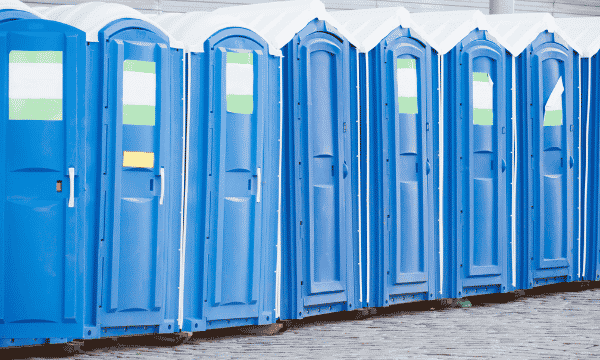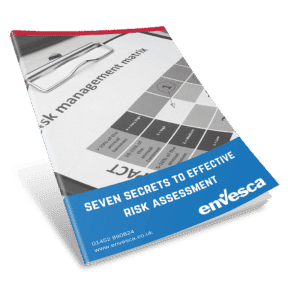What Are The Health And Safety Requirements For Events?
Many of our customers are involved in running outdoor events, so if you are hosting a barbecue, sports day or village fair, we thought we would share our top ten tips for keeping your events safe.
Start health and safety planning early
Ensure you carry out a suitable and sufficient risk assessment for your event. This will allow you to identify the control measures and safety plans that need to be implemented.
Visit the site beforehand
Even if you are familiar with your event site, a visit is essential in order to be able to compile a comprehensive risk assessment. Look at factors such as ground conditions, availability of services, traffic and pedestrian routes, access points, the proximity of the site to emergency services and don’t forget to find out who the neighbours are!
Know what you are going to do in the event of an emergency
An emergency plan should be in place. This should deal with the procedures that will be put into action should there be a fire, explosion, extreme weather conditions, flood, crowd problems and accidents.

Make sure that your staff know who to report to and how
All staff and volunteers involved in organising the event should be aware of the contents of the risk assessment and emergency plans. Everyone should receive a pre-event induction.
Keep vehicles away from people
The easiest way to avoid accidents with vehicles is to segregate them from pedestrians. Make sure that vehicle movements are limited once the event is underway. If you are providing car parking, then think about having car park attendants to manage car movements.
Decide what to do with the children
Even if your event is not directly aimed at children, unless it is strictly over eighteens, chances are, some parents will bring children along. Consider all age ranges from babies up to teenagers, so everything from managing safety in play areas, reuniting lost children with parents to how to prevent teenagers from being served alcohol must be accounted for.
Ensure that food and drink comply with food safety legislation
The food safety rules are the same whether you are running an outdoor event or a normal kitchen. When an Environmental Health Officer inspects your site, they would expect to see all the normal controls in place, which you would have documented in your Food Safety Management System. You need to pay particular attention to hand washing facilities, waste, pest control, temperature control, covered storage and cleaning facilities.
Don’t let your event drown in rubbish
All waste producers have a duty of care under the Environmental Protection Act 1990 to ensure that waste is disposed of responsibly at a site with a waste management license. Produce a waste management plan as part of your event planning.

Make sure the conveniences are not inconvenient!
Follow the Health and Safety Executive (HSE) guidelines for the number of conveniences required. Don’t forget to provide amenities for people with additional needs and depending upon the demographic of your crowd, baby changing facilities may also be required. Consider how facilities are going to be emptied and cleaned if your event is over a number of days.
Consider the requirements of people with additional needs
You want everyone to enjoy your event, so think about how you can accommodate people with mobility problems, impaired hearing or sight and those who have difficulty walking. Brief the event stewards to provide assistance where necessary, including during possible evacuation scenarios.
If you have a question or enquiry about health and safety, please call the team on 01452 502113 or complete our enquiry form.
Find this helpful?
Signup to our email notifications to receive alerts when we publish new blogs. We promise not to spam your inbox, you will just get a short snappy intro to Health and Safety articles we think you will love.
"*" indicates required fields

7 Secrets to Risk Assessment
If you’ve got a question or query, please contact our super friendly team, they will be delighted to help you!
Simply get in touch via phone or email.

Free
Resources &
Downloads
Informative. Useful. Practical.
Here at Envesca we believe that we are good at giving proactive, sensible and useful advice. Below you will find some free resources that you can download on a host of subjects that will help you and your business.
Training Available
Envesca offer a number of different training courses, which offer advice and guidance on these topics.





